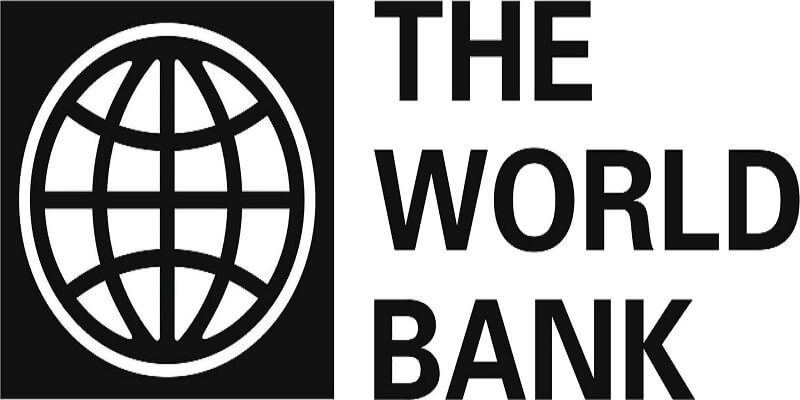
In a report titled ‘Leaning against the Wind: Fiscal Policy in Latin America and the Caribbean in a Historical Perspective’, the World Bank forecasts that Latin America and Caribbean countries will break a six-year jinx of economic downturn.
The new World Bank semiannual report reveals that, for the first time more than ever before, countries in that region are following counter-cyclical policies, i.e. spending more in bad times and saving in good times.
This, according to the report, may see the region’s Gross Domestic Product grow by 1.5 percent this year and 2.5 percent in 2018.
Advertisement
The World Bank report further predicts that “recoveries expected in Brazil and Argentina will largely fuel the return to growth in the region,” assuming the ‘Consensus Forecasts’ materialise.
“Mexico’s growth is expected to hover at around 1.4 percent, while Central America and the Caribbean will maintain steady growth of around 3.8 percent.
The financial institution noted that fiscal accounts of many countries in the region have suffered due to the prolonged slowdown.
“As of 2016, 29 out of 32 countries were facing fiscal deficits, largely due to higher spending. The median gross debt for the region stands at 50 percent of GDP. Still – in a significant break with the past – many countries now find themselves in a better position to escape this difficult fiscal predicament, according to the report.
Advertisement
“Countries in Latin America and the Caribbean have traditionally been pro-cyclical, either because of political pressures to spend during good times or lack of access to international capital during bad times,” said Carlos Végh, World Bank Chief Economist for Latin America and the Caribbean.
“As a result, they often found themselves caught in a fiscal procyclicality trap, leading to higher public debt and fiscal deficits as well as lower credit ratings that left them few options to turn things around.
“While countries may still find it tempting to spend rather than save in the next boom cycle, the events of the last decade in fiscal policy give us hope that countries will play it safe instead and be prudent.
“In an external environment characterized by frequent shocks and volatility, such prudence will allow them to turn fiscal policy into instruments to help cope with the next downturn and preserve social gains,” said Végh.


